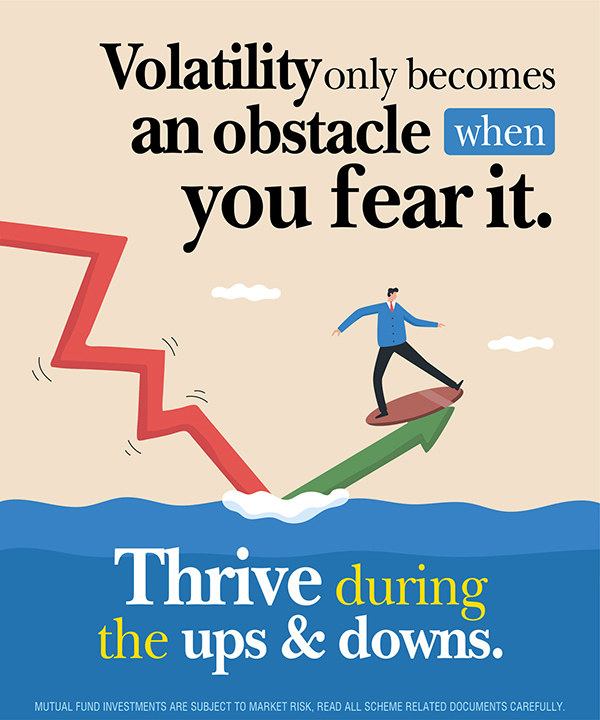Some of the sectors and themes we have been positive on include the following:
- Infrastructure (including defence), manufacturing and capital goods. Capital goods as a sector which could be beneficiary of global manufacturing outsourcing to India and Aatmanirbhar India. We see this as a multiyear growth story.
- Auto OEMs are play on aspirational India and rise in per capital income enabling higher per capita consumption.
- Home building and building materials (including cement) sector to benefit from the growing need for housing and better quality of living.
- Private banking and financial services to be beneficiaries of financialisation of savings
- a) start investing early – time in the market is better than timing the market. SIP into mutual funds is a great way to start the investment journey
- b) be disciplined and systematic in your approach especially in times of market volatility.
- c) do your research well – there is no substitute for research in investing
- d) If in doubt of the appropriate asset allocation, chose a multi asset allocation strategy which leaves the asset allocation decision to the professional fund manager








